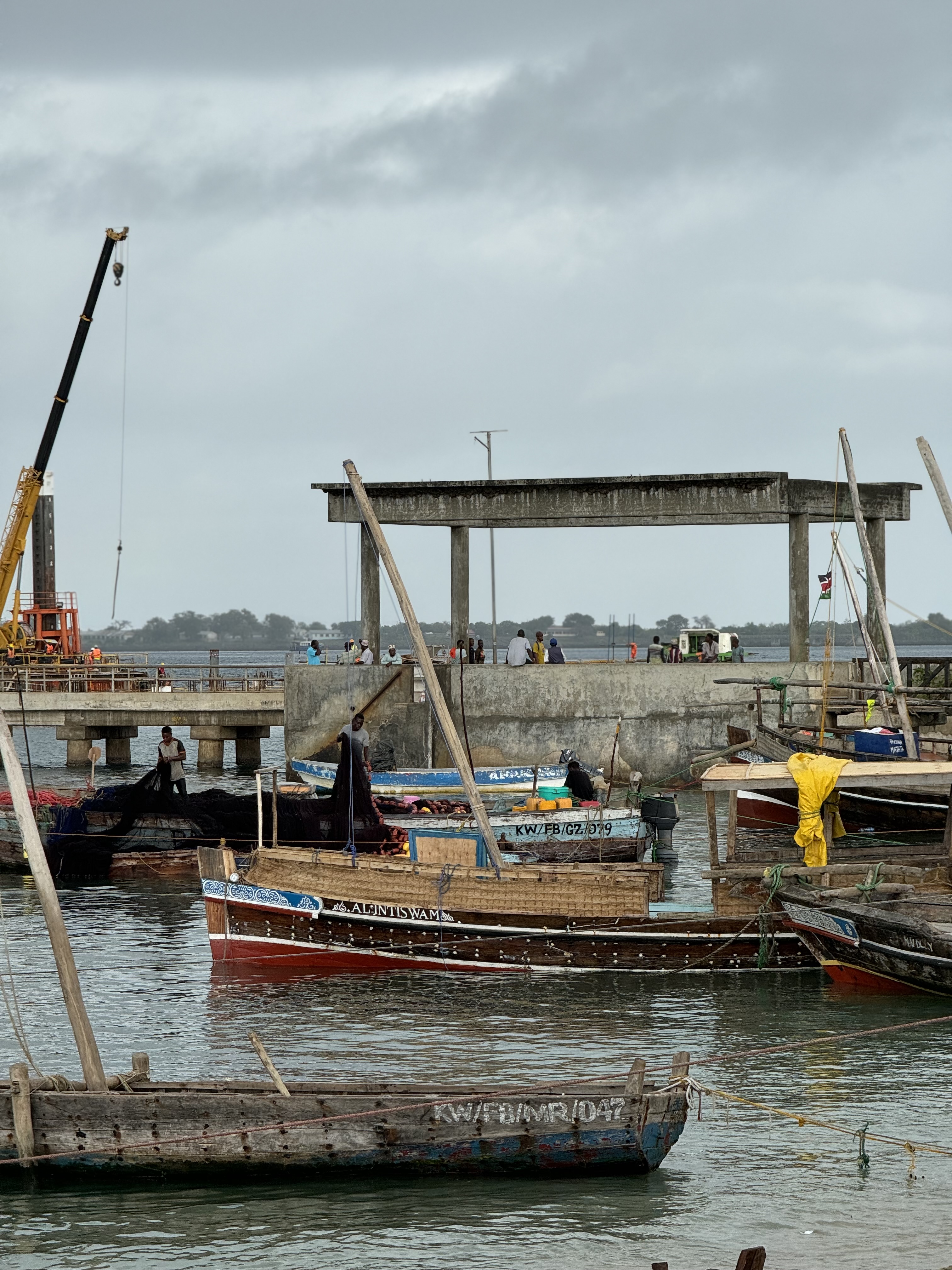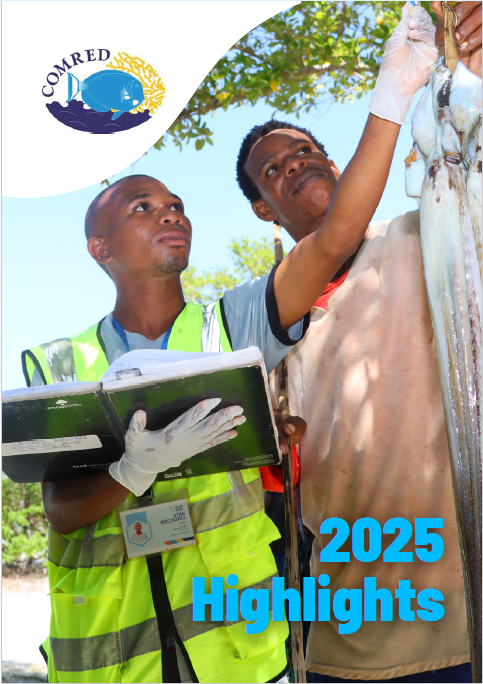
Coastal and Marine Resource Development (COMRED)

🌊 The Challenge
For most coastal families, the ocean isn’t just a view; it’s their livelihood. Nearly 80% of rural coastal communities we serve depend on marine resources to survive.
But the ecosystems that sustain them are under pressure. Poverty, weak resource governance, overfishing, habitat degradation, and climate change continue to erode both livelihoods and biodiversity.
In our target areas, 47.4% of people live below the poverty line, compared to the national average of 36.1%. With few alternative sources of income, communities depend even more on the very resources already stretched thin, creating a cycle of overdependence and decline.
🌿 The Solution
We tackle poverty and livelihood challenges by diversifying income sources and improving existing practices. Through our work, communities are taking charge of their future while securing 126,807 hectares of marine seascapes for sustainable use and conservation.
💡Click To Read Our Theory of ChangeImpact in Action
👥950+
💰$33,000
👥158
🪸126,807 ha
🤝21
How We Create Change

🌍 Thriving Communities
Coastal Kenya is home to vibrant marine ecosystems that sustain thousands of families through employment, livelihoods, and nutrition.
We work hand in hand with coastal communities to strengthen governance, promote sustainable fisheries management and conservation, and drive livelihood diversification.
Through initiatives such as eco-credit, apiculture, and the fish value chain, we help communities access finance, create sustainable income opportunities, and build resilience for a thriving coastal economy.
We identified an area of opportunity to support coastal communities that rely on marine resources for survival. Working with various partners and associations we ensure the delivery of impactful solutions for coastal communities and cities and conserve coastal and marine environments. Our focus is the Shimoni-Vanga Ecosystem and Malindi Ungwana bay, an ecologically sensitive area of global and national significance bordering the Southern coast of Kenya and Northern Tanzania.

🐚 Conservation and Fisheries Management
Coastal ecosystems are vital for biodiversity, fisheries, and the livelihoods of thousands of families. We works with communities to restore degraded habitats and protect key ecosystems such as mangroves.
We support locally led conservation initiatives that strengthen the health of marine environments and enhance resilience to the impacts of climate change.
By mapping and integrating indigenous knowledge systems, we ensure that traditional practices continue to inform conservation, fisheries management, and climate action along Kenya’s coast.

🏙️ Smart and Sustainable Cities
Coastal cities and ports are key drivers of Kenya’s blue economy and the social and economic heartbeat of the coast. Yet, they face growing pressures from rapid urbanization and climate change.
COMRED’s Sustainable Cities Programme works to strengthen urban resilience through improved spatial planning, policy development, and governance of coastal resources.
By promoting data-driven decision-making and inclusive planning, we help cities adapt to climate challenges while fostering sustainable growth for people and the planet.
Coastal zones connect land to sea and COMRED started a sustainable cities program to address challenges facing coastal cities and ports such as spatial planning, governance of resources and policy in the face of Climate Change. Additionally, this program complements our previous interventions in marine conservation and is designed to facilitate transformation of coastal cities to be smart and sustainable.
The Cities program has commenced two flagship projects, Miji Bora and Bandari bora. These were implemented in Mombasa, while drawing key learnings from Durban, South Africa and Moroni, Comoros with the vision of expanding to other coastal cities in the region that face similar challenges.
Stories of Change
Get involved
Stay updated
Our annual newsletter highlights our program impacts and updates on livelihood and conservation activities and milestones.





















































































.png)









.jpg)

.jpg)

.jpg)

.jpg)

.jpg)




